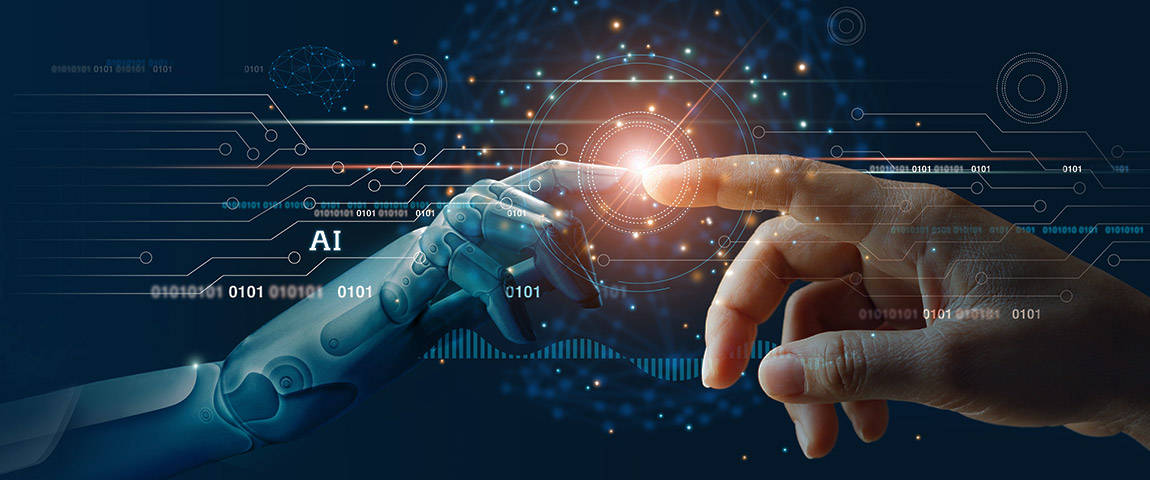United Nations Human Rights Commissioner Michelle Bachelet stressed the urgent

United Nations Human Rights Commissioner Michelle Bachelet stressed the urgent need for a moratorium on artificial intelligence (AI) systems that threaten human rights until enough safeguards are in place.
“Artificial intelligence can be a force for good, helping societies overcome some of the great challenges of our times. But AI technologies can have negative, even catastrophic, effects if they are used without sufficient regard to how they affect people’s human rights,” she said.
As a part of its work on technology and human rights, the UN Human Rights Office published a report analyzing how AI affects people’s right to privacy and other human rights such as the right to health, education, freedom of movement and freedom of expression. The report highlights the “undeniable and steadily growing impacts of AI technologies on the exercise of the right to privacy and other human rights.”
Bachelet noted that “the risk of discrimination linked to AI-driven decisions—decisions that can change, define or damage human lives—is all too real.” The report notes that both states and businesses often rush to incorporate AI and fail to carry out due diligence to make sure people are being treated justly.
The report highlights a number of actions that can address the challenges faced by AI, such as applying core human rights principles through legislation and regulation and through human rights due diligence. There also needs to be much greater transparency by companies and States in how they are developing and using AI.
Bachelet states “fully recognize the need to protect and reinforce all human rights in the development, use, and governance of AI as a central objective, and ensure equal respect for and enforcement of all human rights online and offline.”





